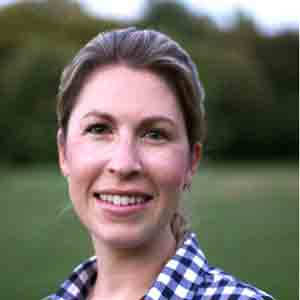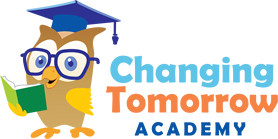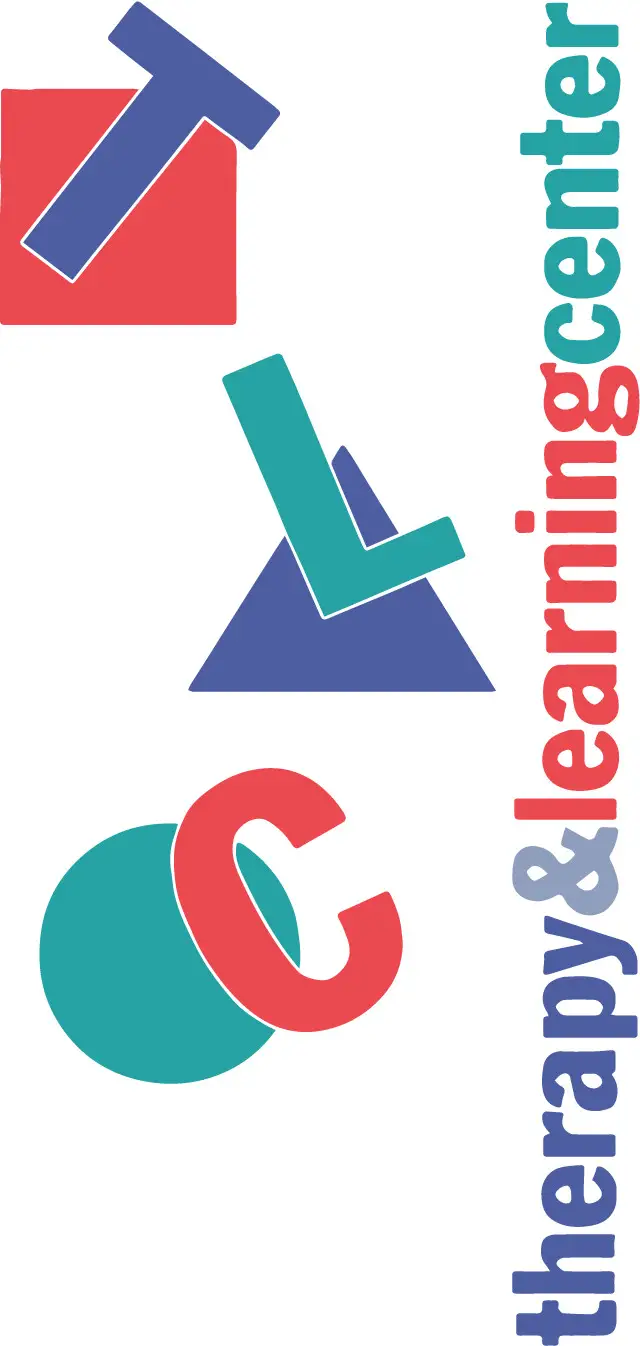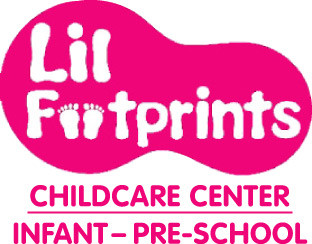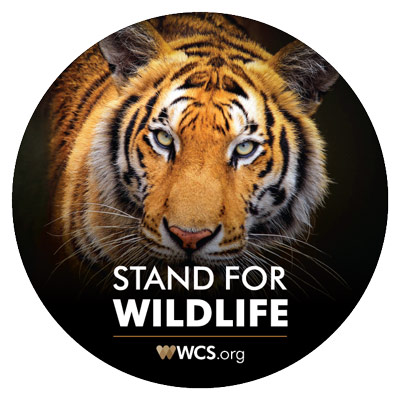
How to Safely Introduce Your Newborn to Visitors During the Coronavirus Pandemic
If you're going to allow visitors to meet your newborn during the coronavirus pandemic, follow these safety guidelines.
Get can’t-miss family activities sent to you!
Get the Best Family Activities
Dr. Poston agrees that restrictions aren’t necessary for people living in the same home. “They are all going to be exposed to the same germs anyway and the psychological impacts would probably outweigh any physical risks,” she adds.
“It’s important for siblings to interact with the newborn,” Dr. Nachman says. “You don’t want them to feel like the baby is a special prize that they can’t touch.” But with the New York metro area in phases 1 and 2 of reopening and day camps getting the greenlight, it’s extra important to cut down on risk as much as possible. Help young children interact safely with the baby. Show them how to touch the baby’s feet instead of hands.
Is having visitors worth it?
While coronavirus isn’t going away anytime soon, it’s a small relief to see that cases of COVID-19 are decreasing in parts of the country, including New York. “It may be time to begin to expand our social distancing to include some family and friends,” Dr. Lovenheim says. This is especially true if you have visitors coming from a place where the viral prevalence is relatively low, he adds.
When determining whether a visit is worth it for your family, consider any factors that may place you or your new baby in a higher risk category, Dr. Lovenheim urges. This might include low birth weight, neurological disorders, or respiratory difficulties for the baby, or being immunocompromised for the parent. In such cases, a virtual introduction is probably best.
If you weigh the risks versus the benefits and decide to have visitors, you stand to benefit a great deal emotionally and psychologically. Having a baby is wonderful, but it’s also incredibly stressful, no matter what your circumstances may be. “Having friends and family around us who help us cope and who we lean on when things get tough is important,” Dr. Lovenheim says. “It may be the difference in a new mother succumbing to postpartum depression or not.”
Is my baby sick?
There have been very few reported severe COVID illnesses in this age group, but if you’re worried that your newborn may have contracted the virus, the symptoms to watch for include shortness of breath, runny nose, fever, extreme fatigue, vomiting, diarrhea, and an inability to eat, Dr. Poston says.
When in doubt, call your doctor. And that goes for any symptoms in your newborn that worry you. Infants younger than 3 months are at increased risk for sepsis, an overwhelming infection because of their immature immune systems, Dr. Poston warns.
COVID-19 Newborn Safety Crib Sheet
- Wait 6 weeks before allowing visitors
- Limit visitors to as few as possible
- Have the visit take place outside, if possible
- Have visitors wash their hands before, during, and after they visit
- Maintain a social distance of 6 feet
- Everyone wears a face mask




